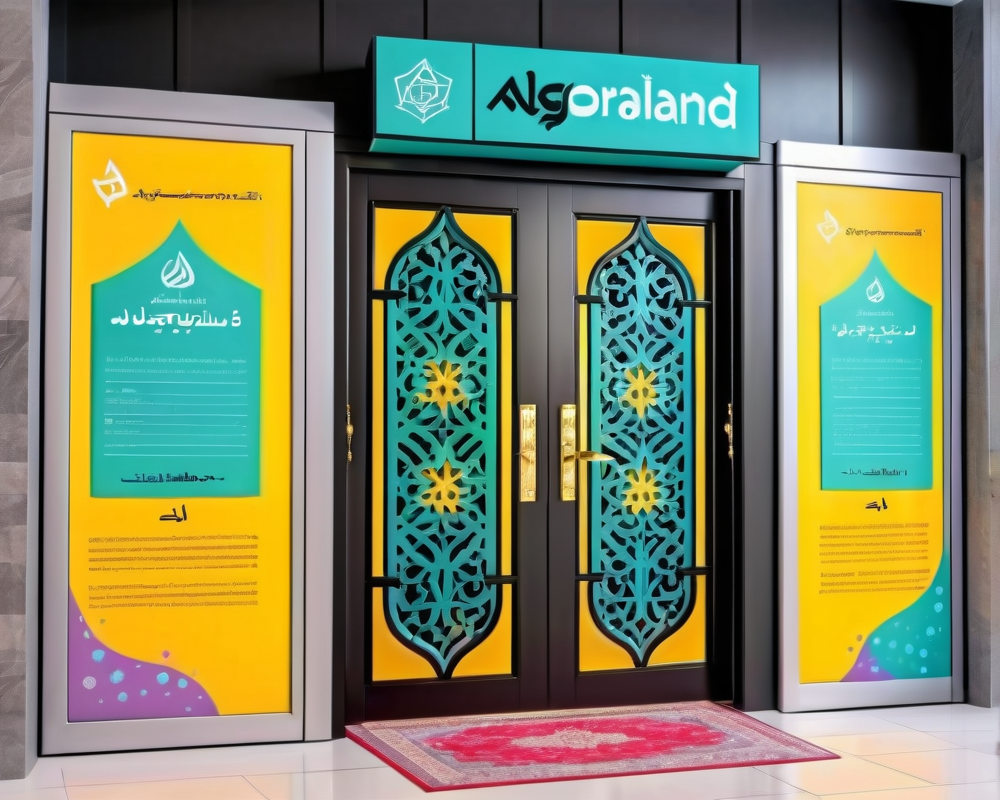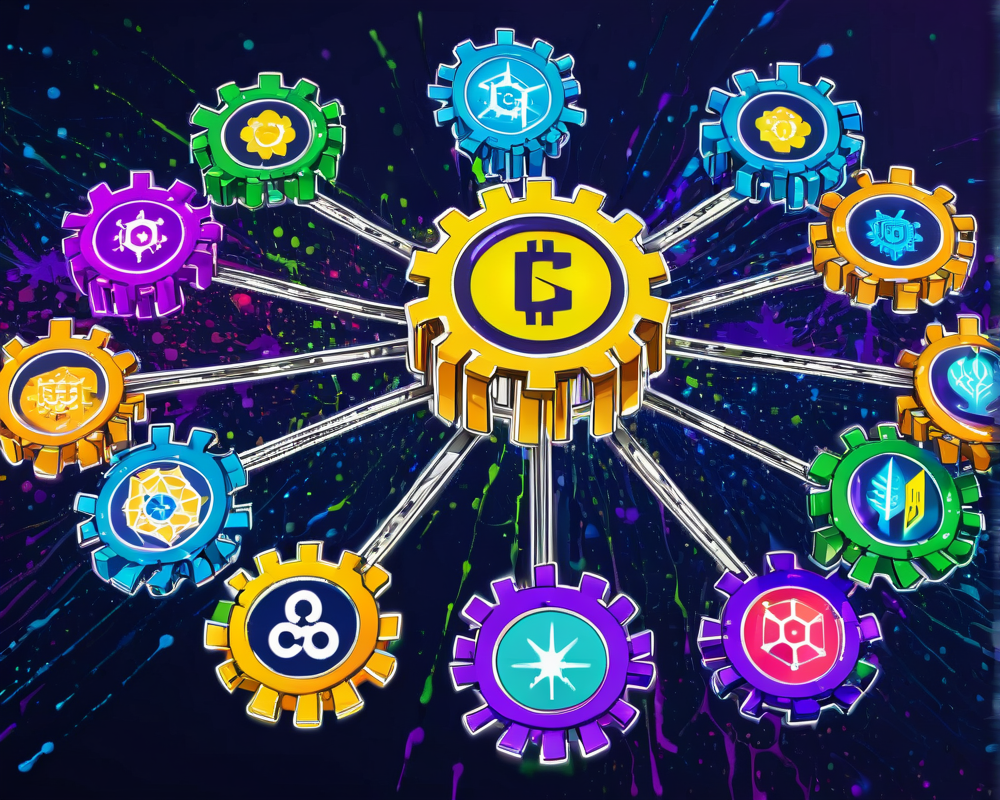Breaking Barriers in Islamic Finance
In an exciting announcement, the Algorand Foundation has just unlocked a significant opportunity for Islamic institutions by gaining certification for its blockchain platform to be Sharia-compliant. Talk about a step into the future! As financial guidelines often can feel like navigating through a maze while blindfolded, this certification means that Islamic enterprises can now explore new business avenues with confidence.
What Does Sharia Compliance Mean?
Before we dive deeper, let’s break down what this certification actually entails. Sharia compliance refers to financial activities that align with Islamic law. This means no interest (riba), excessive uncertainty (gharar), and investments must be in ethical industries. Essentially, Algorand has rolled out a welcome mat for Islamic finance, but there’s a catch — individual decentralized applications (dApps) will still need to pass their own Sharia compliance checks.
An Independent Eye: The Role of SRB
To keep the blockchain ship sailing smoothly through the waters of compliance, the Algorand Foundation has teamed up with Bahrain’s Shariyah Review Bureau (SRB). With SRB as an independent adviser, Algorand is ensuring that it meets the standards necessary for compliance, understanding that Islamic financial markets hold a crucial stake in the global economy.
Why It Matters
Islamic finance is not just a niche market; it’s a burgeoning sector with a growing appetite for innovative technology. By marrying blockchain with Sharia-compliant financing, Algorand is positioning itself as a valuable player in the ecosystem. It’s like being the cool kid in school who just got a shiny new gadget everyone wants to try out.
The Broader Landscape: Other Players Join the Game
Algorand isn’t alone in seeking Sharia compliance. The fintech and blockchain space is heating up. For instance, Dubai’s Wethaq recently collaborated with R3 to launch a platform that trades Sukuk securities — those Islamic financial certificates that look a lot like bonds but with a whole lot more ethical flair. And Stellar, the distributed ledger protocol, got its own Sharia compliance certificate last year, opening the door for Islamic institutions to use its technology for remittances and asset tokenization.
An Historical Insight: Past Initiatives
It’s not all about future prospects; let’s take a moment to appreciate past efforts as well! Back in November 2018, Al Hilal Bank in Dubai executed its first Sukuk transaction utilizing blockchain. By employing distributed ledger tech to sell and settled a portion of its hefty $500 million Sukuk in the secondary market, this bank was ahead of its time. Talk about paving the way for tech-savvy Islamic finance!
Conclusion: A Future of Innovation
As the financial world continues to evolve, the merging of blockchain technology with Sharia-compliance holds great promise. Algorand’s recent certification is just the tip of the iceberg. As innovation in the Islamic finance sector keeps growing, we can expect more partnerships and platforms to emerge. With an independent wall of compliance standing strong, the road ahead looks bright for Islamic enterprises eager to adopt blockchain technology.




